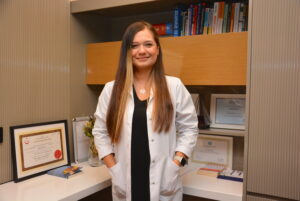
ask a doctor
What does the hospital emergency department do? The hospital emergency department (ED) provides immediate medical attention to patients who require urgent medical care due to illness or injury.
The primary function of the ED is to stabilize patients and provide appropriate treatment for acute medical conditions or injuries that require urgent attention.
The emergency department is staffed by healthcare professionals, including physicians, nurses, and other medical professionals, who are trained to manage a wide range of medical emergencies. They work together as a team to assess and triage patients, meaning they prioritize patients based on the severity of their condition.
In the emergency department, patients may undergo diagnostic tests, such as blood work or imaging studies, to help diagnose their condition. They may also receive treatment, such as medications or surgical procedures, depending on their needs.
Common conditions that are treated in the emergency department include heart attacks, strokes, severe infections, fractures, and other traumatic injuries. The emergency department also provides critical care to patients with life-threatening conditions, such as severe bleeding or breathing difficulties.
Overall, the hospital emergency department is a critical component of the healthcare system, providing urgent medical care to patients when they need it the most.







